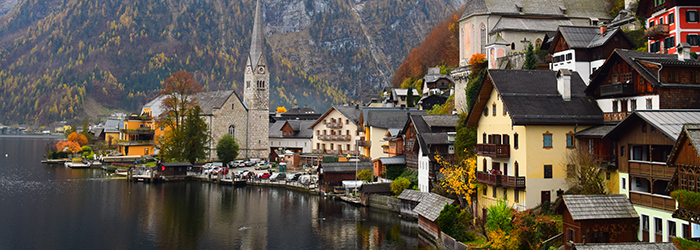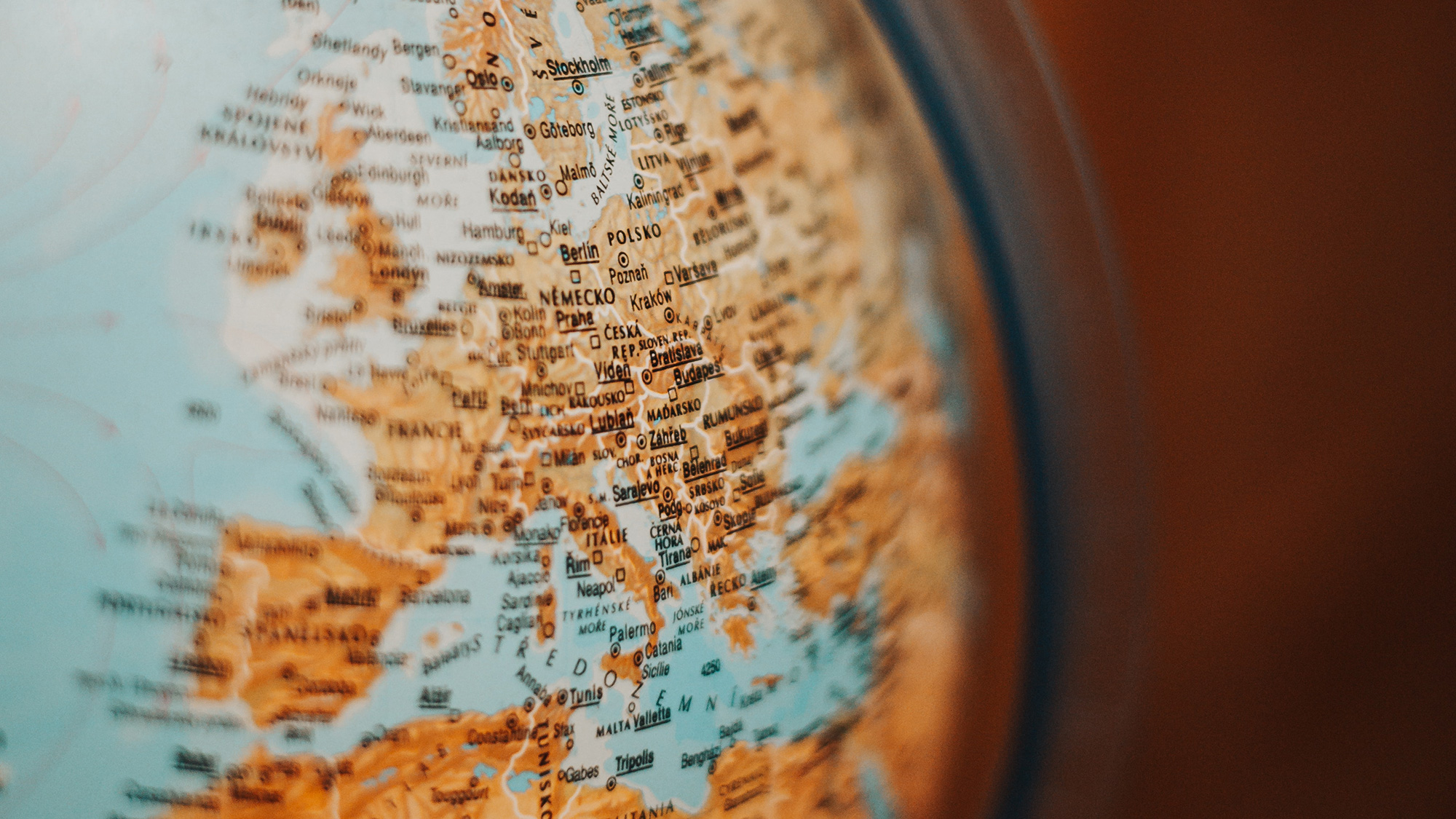You’ve thought of the perfect domain name. And you’re going through the list when you find the perfect TLD.
But have you thought about where that TLD is located? While there are piles and piles of generic top-level domain (gTLD) names, most of the two-letter TLDs are actually country-specific, called country-code top-level domains (ccTLDs). And many of them might have regulations you haven’t even considered when you’ve thought about purchasing one.
Here are just some examples of ccTLDs that might be a problem and one that might actually be helpful

.eu
This only became an issue for domain owners living in the UK at the beginning of this year. Despite years of warnings, it still came as a surprise to some that their .eu domain was suspended if they had a UK address attached to it. Most were able to switch over to a Europe address, but even that lead to some difficulty, as leave.eu discovered.
Unsurprisingly, you need to actually prove you have a stake in Europe in order to have your .eu domain.
.no and .it
These both seem like ideal TLDs for projects, whether you want to say “No” to something or tell someone to build “It”. However, much like .eu, you need to have an address in Norway to use .no and Italy to use a .it. There’s been less drama about these TLDs than .eu, but, at the same time, why risk it?
.so
This one came up when Notion experienced a bit of downtime relating to a DNS issue. Although they’ve said it’s not related to domain renewal, people have speculated that it might be related to the fact that the Somalian National Communications Authority has control of the registry, and might be making changes to who can own a .so domain.
While anyone in the world can currently own a .so, if the Notion downtime showed us anything, it’s that things can change in an instant.

.ly
Extremely popular with URL shorteners, including bit.ly and ow.ly, .ly is the TLD for the country of Libya, and in 2011, the domain registry’s website was hacked during the civil war. And in 2010, they shut down a domain possibly because of inappropriate content (or possibly because it was decided that domains under four letters couldn’t be held outside of Libya). While things seemed to have mellowed recently, it’s still a good reminder that country-code TLDs, and the websites that reside on them, must abide by local laws, even if you live in a different country.
.io
.io is popular with startups and video games, as it can be used nicely for input/output. But did you know that it represents an area where no one is officially allowed to be a permanent legal resident and the ownership of the islands in the area are still being debated?
.io stands for Indian Ocean, and is for the British Indian Ocean Territory, which includes the Chagos Archipelago. After the territory was created in 1965, the residents were forcibly removed from their homes so that the US and UK could build a military base there. Since the 1980s, the island of Mauritius has been fighting a legal battle to regain control of the archipelago, even as the Chagossians fight to return home. In fact, just in January, the maritime law tribunal of the United Nations ruled that Britain has no sovereignty over the Chagos Islands.
The British government has denied receiving profits from the registration of .io domains, but with it being in the middle of such a tangled debate, there’s every possibility that .io will simply no longer exist. And even if it does exist, do you really want to have a TLD with such a history?
.tv
I said there would be one feel-good story when it comes to ccTLDs, and this is it. .tv is great for anyone who has a television-related site, and twitch.tv has been taking the TLD to whole new levels.
.tv stands for Tuvalu, a small island in the Pacific Ocean, about halfway between Hawaii and Australia. And after licensing its TLD to Verisign, Tuvalu has been receiving approximately 8% of its entire gross national income just from domain registrations. That agreement is up for renewal this year, and, with the increase in streaming sites, it’s highly likely that Tuvalu will negotiate for a bigger cut of the profits.
As climate change drastically affects small islands like Tuvalu, the profits received from .tv can be used to help support the island against the encroaching ocean and protect the coral reefs around it.

What are my options?
In the past, a country-based TLD was often the only way to get something that stood out from the crowd. But now, with hundreds of generic TLDs available, you can find a great TLD that works fantastically for your site, without having to worry about the political situation.
Unless you have a television-related website. Always go for a .tv.


